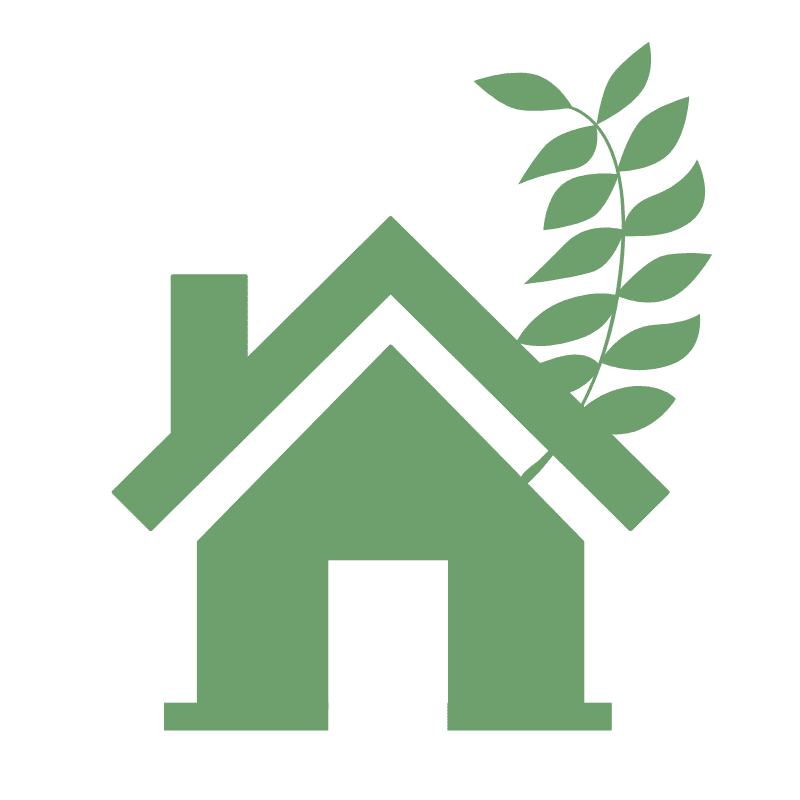What is Seasonal Affective Disorder (SAD)?
What Actually Counts as a Relapse?
Relapse happens when a recovery plan is completely abandoned. Relapse can occur when an individual in recovery returns to drug or alcohol use after a significant period of sobriety. For some people, the experience of relapse can strengthen their commitment to their recovery journey, while for others relapse may mean a complete loss of hope. It is important to define relapse in the recovery context, as well as to take every measure to prevent it. Relapse is not necessary to recovery, but it is a real possibility that all those in treatment for addiction should be mindful of. Additionally, if relapse should occur, it doesn’t have to mean failure.
How Seasonal Affective Disorder Can Lead to Addiction
As with any form of depression – or any other mental illness for that matter – patients often self-medicate with drugs and alcohol to overcome the symptoms. SAD is no different. Of course, it doesn’t work and only makes the depression worse.
How Seasonal Affective Disorder Can Lead to Relapse
SAD can become a genuine cause of relapse. As with many other types of mental illnesses, people with SAD often try to self-medicate with drugs or alcohol to overcome the symptoms. However, we know that this doesn’t work and it only increases the severity of SAD symptoms. This type of behavior can also increase a person’s risk of developing a substance use disorder.
If you’re in long-term recovery from addiction, Seasonal Affective Disorder makes you more susceptible to relapse. It completely zaps your energy, leaving you feeling tired and unmotivated, which may inhibit your ability to attend recovery meetings, IOP sessions, or make time to meet with your AA sponsor.
SAD is also very physically, emotionally, and mentally draining, leaving you with limited resources and energy to fight off relapse triggers and temptations. Feelings of loneliness and sadness can quickly take over, making you feel cut off and disconnected from your sober support system.
Even after months or years of sobriety, these factors can quickly lead to relapse because they may encourage you to seek happiness and dopamine (the feel-good hormone) from unhealthy sources, like social media, junk food, or addictive substances.
A Strategy for SAD and Avoiding Relapse
- Get outside in the sunlight for a brisk walk every day to increase vitamin D and create energy.
- Exercising regularly to increase endorphins and energy.
- Eating more complex carbohydrates: sweet potatoes and whole grains, with lots of fruits and vegetables. This provides sustained energy, satisfies some carbohydrate cravings, and improves immunity.
- Eating more omega fats: walnuts, chia seeds, oily fish. These have been shown to improve mood and brain health.
- Let in as much sunlight as possible.
- Investing in a SAD lamp. They have been shown to replicate the benefits of sunshine and you can time them to light up your bedroom, like sunlight, to help you wake up during dark mornings.
- Increasing self-care activities: more yoga, meditation, journaling, relaxation activities (baths, reading a book, resting).
- Be kind and compassionate to yourself.
Finding Help
Our services are available 24/7, you can contact us for help whenever you need to. Once you have contacted us we can help you take the next steps in your recovery, help you in rehabilitating from addiction and offer support however you may need.

